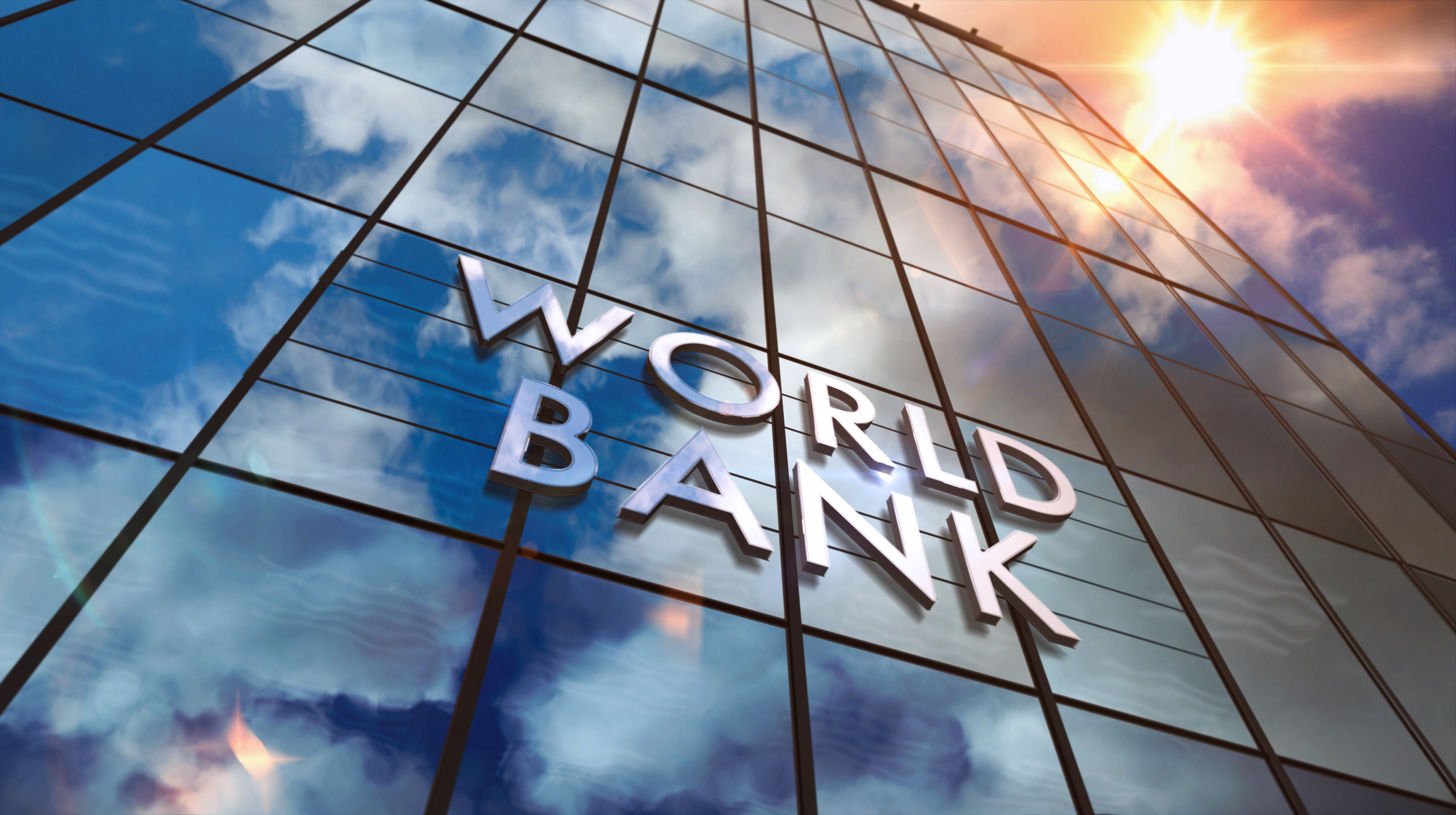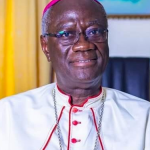In its seventh Ghana Economic Update, the World Bank notes that while obstacles still exist, the nation has made “steady progress” in the last year toward economic stabilization.
The study ascribed the Ghanaian economy’s “modest recovery” to a strict monetary policy stance, extensive debt restructuring, and a number of structural changes that would promote long-term growth.
However, it suggested that the stress in the financial sector, contingent liabilities in the energy and cocoa sectors, and slippages in election expenditures could threaten the long-term viability of the economy.
It urged the government to fully implement other policies regarding the continuing US$3 billion International Monetary Fund (IMF) loan support program, as well as to strengthen tax revenue mobilization through strong measures.
The report, themed, “Strengthening domestic revenue systems for fiscal sustainability”, was launched by Mr Stefano Curto, Lead Economist for Ghana, Liberia, and Sierra Leone at the World Bank, in Accra, on Monday, July 22.
“The macroeconomic situation has improved considerably over the past year… growth in 2023 was more resilient than projected, reaching 2.9 per cent. It is important to emphasise that Ghana has made commendable strides on fiscal consolidation,” said Mr Curto.
“However, the sustainability of these efforts hinges on a fundamental aspect – enhancing the country’s tax revenue while minimising the impact on growth and the poor and most vulnerable,” he noted.
He said that in order to simplify and resolve the complicated issues surrounding corporate income tax, Value Added Tax (VAT) and excise duty, and personal income tax, tax exemptions should be rationalized.
Furthermore, he said that increasing tax income was a must for the nation to achieve sustainable fiscal consolidation, thus the government should make sure that its tax policies were strong and resilient.
Additionally, the administration was urged to “steadfastly continue with the efforts that have been made, including expenditure management” by Mr. Kwabena Gyan Kwakye, an economist with the World Bank in Ghana.
According to Mr. Gyan Kwakye, complete implementation of stabilization activities could result in five percent economic growth by 2025, despite projections of 3.1% growth for Ghana by the end of that year.













